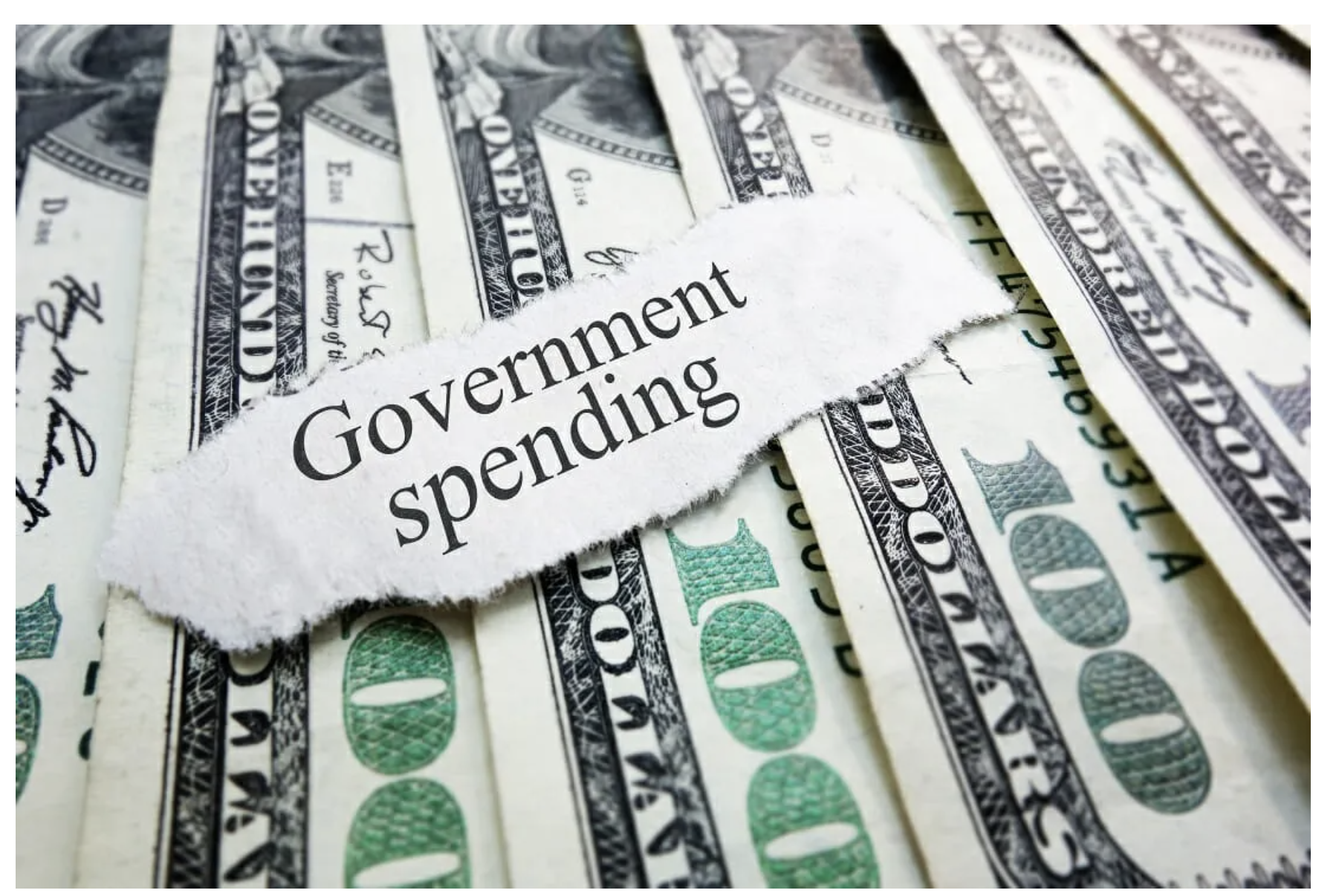Calling Government Spending “An Investment” Is Uninformative

When promoting or justifying government spending for a particular project or activity, state and local government officials often say the cost of the project or activity is “an investment.” Although the word “investment” may sound like a reasonable justification, it is uninformative. Why? Because it fails to actually explain or justify the use of government spending for a given proposed project or activity. Calling government spending “an investment” without elaboration or explanation is at best uninformative, at worst evasive.
Government officials are trustees of public funds and have (1) no right to be careless or cavalier about spending public funds, and (2) no right to fail to explain to the public their reasons for decisions involving the use of public funds. Government officials have an affirmative obligation to explain to the public the reasons why the commitment of government spending for a particular project or activity is justified — not just provide a glib, uninformative label that fails to provide any meaningful explanation or justification. Government officials do not fulfill their obligation to the public by calling government spending “an investment” without providing any meaningful explanation or justification.
If a business makes poor choices with its investment decisions, it loses money, risks losing customers, and faces the possibility of going out of business. In contrast, taxpayers — not government officials or government bureaucracies — foot the bill for any bad or poor choices made regarding the expenditure of public funds. In the private sector, customers generally have the option of seeking alternatives to doing business with a badly or poorly run business. In the public sector, taxpayers and other members of the public have limited options because paying taxes and complying with government-imposed laws, regulations, and mandates are not optional.
Whenever government officials decide to commit government spending for a particular project or activity, members of the public should insist that the government officials provide details that explain and justify that government spending. Why? Because (1) government officials are accountable to the public, (2) no government has unlimited funds, unlimited personnel, or unlimited time, and (3) government is expected to provide or support a variety of public services (e.g., roads and bridges, police and fire protection, water treatment, public schools) that require the exercise of sound fiscal planning to ensure (a) adequate funding without losses to fraud, waste, or abuse, and (b) no undue burdens on taxpayers.
What follows are suggestions about the kinds of questions about government spending that members of the public should ask and insist that government officials answer by providing relevant and specific responses. Some suggested questions could include the following:
What are the specific goals and objectives of government spending? How are those specific goals and objectives weighed and evaluated with respect to other goals and objectives competing for government spending? Has the government weighed the costs and benefits of proposed government spending against possible alternative allocations of government spending?
What assumptions are made to justify the government spending? Are those assumptions relevant and reasonable?
Are there any risks or uncertainties associated with government spending? If so, what are they, and how serious are they? Has the government considered ways to avoid, reduce, or mitigate those risks or uncertainties?
What is the projected time frame for realizing expected results or benefits from the government spending? Is the projected time frame realistic and reasonable?
Are the projected benefits and gains expected from the government spending realistic and achievable? If so, are they worth the cost? Are they achievable in a cost effective manner?
What are the opportunity costs of the proposed government spending? Are those opportunity costs worth the projected benefits and gains expected from the proposed government spending? Do those opportunity costs detract from the fiscal needs of other, necessary public services?
What are the total costs of the particular government spending, including transaction costs? How are the costs distributed among things such as capital costs for buildings, equipment costs, operating and maintenance costs, staffing and other personnel costs, and costs to deliver services or benefits to intended recipients? Is the allocation of various costs practical and reasonable?
Are the transaction costs of the government spending reasonable? Is the administrative “overhead” reasonable or excessive? Are the total life-cycle costs of government spending reasonable or excessive?
Have the costs, risks and benefits of similar government spending in the past been evaluated? If not, why not?
Has the government learned any lessons from its successes and failures with respect to past government spending? If not, why not?
Has the government made any efforts to detect or avoid any financial losses or operating deficiencies due to fraud, waste or abuse? If not, why not?
Will any “lessons learned” about successes or failures associated with similar government spending in the past be incorporated in the planning and implementation for current and future government spending? If not, why not?
When claims are made that additional or supplemental funding is needed for a previously funded project or activity, there is need to ask: (1) is the claimed inadequacy of budgeted funding due to changing circumstances or unforseen adverse events? (2) is increased funding needed to compensate for increased operating costs and expenses that should have been anticipated and budgeted for in the initial planning? (3) is increased funding needed to correct or compensate for failures or inefficiencies with respect to the use of originally budgeted funding?
The suggested questions should not be considered exhaustive. Readers may think of other relevant questions about government spending that they would like answered. Regardless of what questions about government spending that members of the public might consider pertinent, they should not simply accept at face value any unexplained or unelaborated claim that government spending is “an investment.”